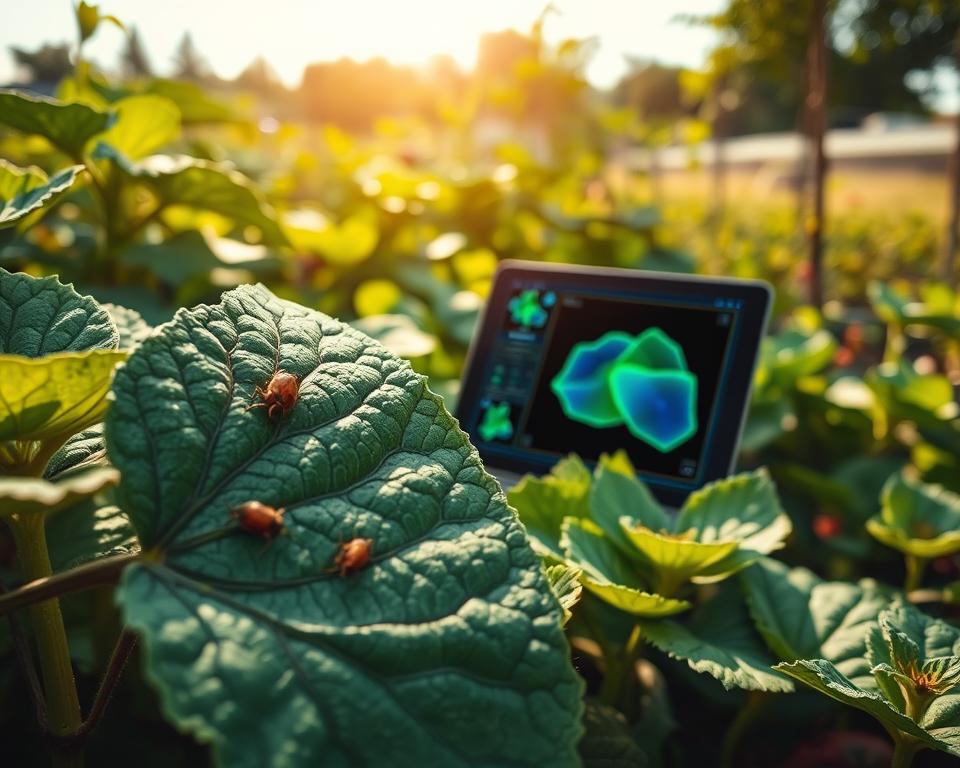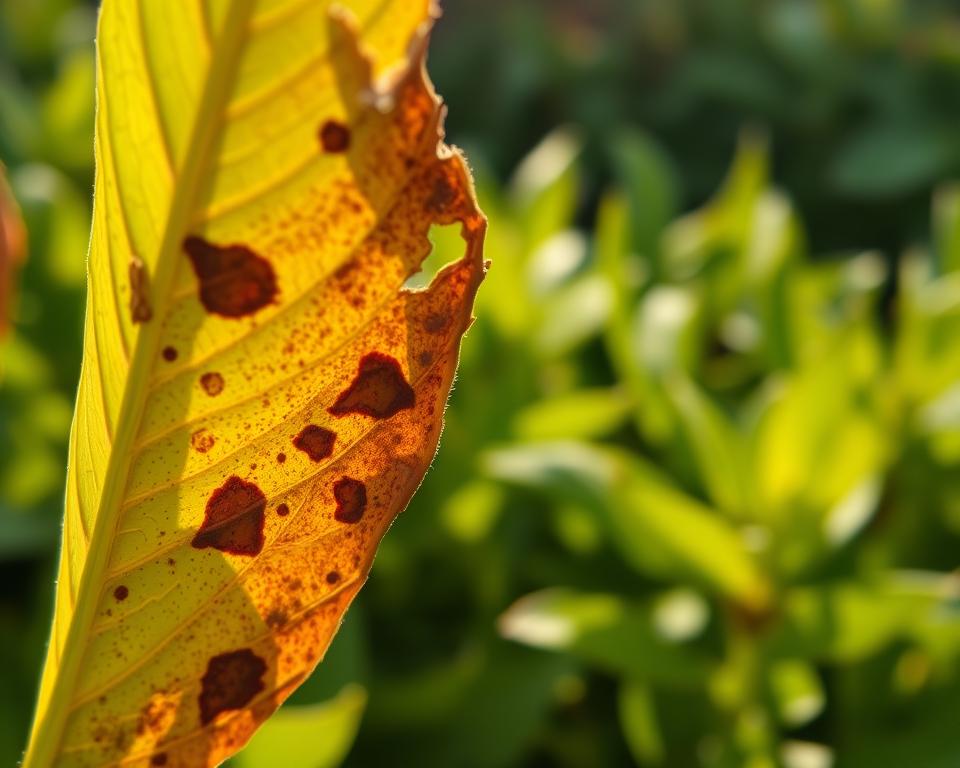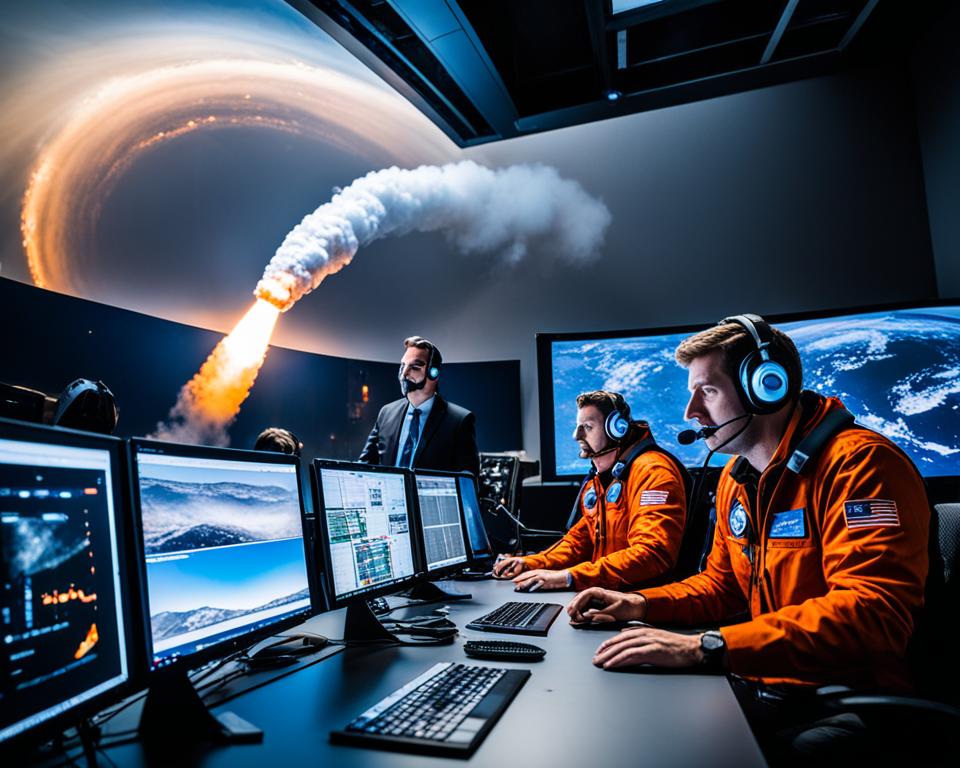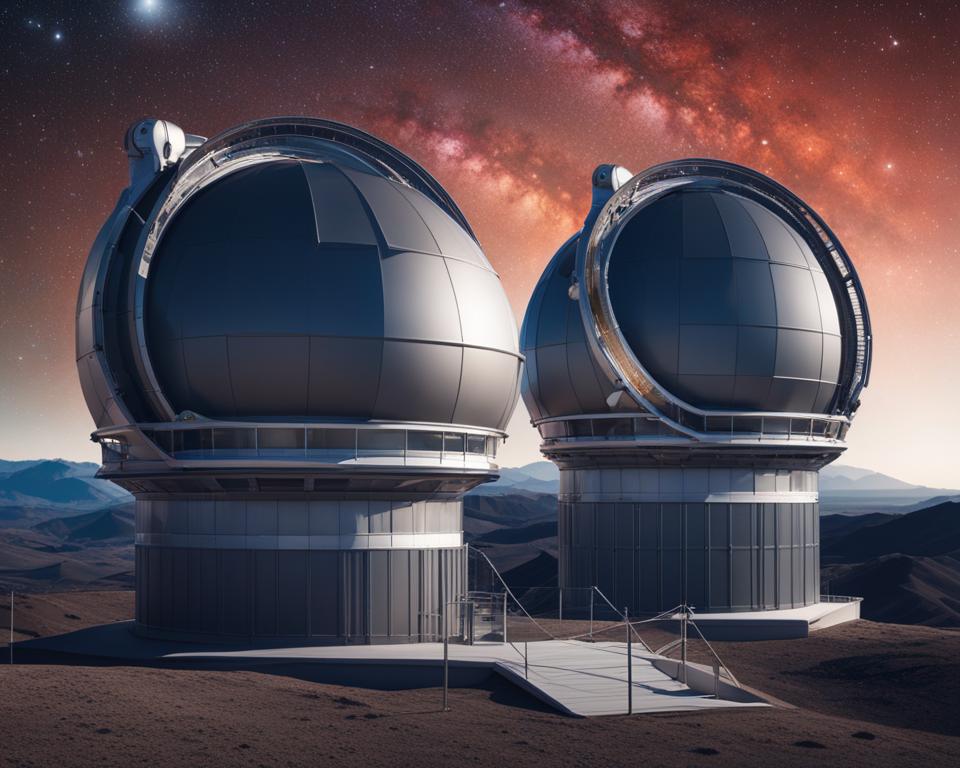Adverts
Did you know that 401,000 T3T of crops worldwide are lost to pests and diseases? This data shows how essential it is to monitor plants well. In this article, we will see how artificial intelligence is changing the care of our gardens and backyards.
Adverts
A pest detection and diseases becomes easier with this technology. This helps plants stay healthy and produce more.
O automated monitoring plant care helps you find pests and diseases early. This is a new and innovative way to care for your plants. Let's find out together how artificial intelligence can do this.
Adverts
Main points to highlight
- A artificial intelligence improves the pest detection and diseases.
- Monitoring plants with technology increases productivity.
- The use of AI reduces the use of chemical pesticides.
- Early detection can save an entire harvest.
- Soil health is maintained with modern practices.
- Healthy gardens bring economic and environmental benefits.
What is automated plant monitoring?
O automated monitoring Plant Health uses technology to improve cultivation. It helps increase productivity and take care of plant health. This way, you can find problems before they become serious.
Definition and importance
This system uses sensors and technology to collect data about plants. It is essential for increasing agricultural efficiency and reducing costs. With this information, you can act quickly and avoid problems.
How agricultural technology works
A agricultural technology combines sensors, cameras, and artificial intelligence. It collects data such as humidity, temperature, and the presence of pests. With this data, you can make better decisions about how to care for your crops.
Monitoring Plants: AI Detects Pests and Diseases in Your Backyard
Artificial intelligence is changing the way we care for our plants. It uses advanced data analytics to quickly find pests and diseases. With AI, we can detect these problems more accurately and learn important things to better care for our crops.
Main characteristics of applied AI
AI in agriculture can learn continuously with new data. It analyzes patterns to find pests and diseases in real time. Drones and cameras collect images that are analyzed by algorithms, providing fast and accurate diagnoses.
See too:
Advantages of using artificial intelligence
Using AI has many benefits. First, there is a great reduction of operating costs because we avoid plant losses. Secondly, AI helps to find problems faster, allowing quick action. This makes plants grow better and increases productivity.

Detecting pests effectively
Gardening requires knowing how to identify pests in order to care for your plants. Common pests include aphids, mealybugs, and spider mites. Knowing who these invaders are can help you protect your plants.
Types of Common Yard Pests
- Aphids: They are small insects that damage plants.
- Scale insects: Similar to bubbles, they gather in sheets.
- Mites: They are very small and cause spots on the leaves.
Detection techniques using AI
Technology helps a lot in pest detection. Artificial intelligence techniques are used to monitor plants. They use cameras and algorithms to quickly see insects.
Drones are also useful for viewing large areas. They help you map and care for your plants. Using historical data and weather analysis can also help. AI can predict infestations before they occur, protecting your yard.
Identifying diseases in plants
In agriculture, disease detection is crucial to keeping plants healthy. Observing signs such as yellowing of leaves and spots on the leaves helps identify problems. This allows you to take preventive action and prevent the spread of diseases.
Signs and symptoms of common illnesses
- Yellowed leaves
- Dark or yellow spots
- Wilting and drying of leaves
- Stunted growth
How AI can help in early identification
Artificial intelligence is very useful for monitoring plants. It analyzes images of leaves to find signs of disease. Using climate and environmental data, AI predicts disease outbreaks. This allows for quick action to prevent damage.

Benefits of a healthy garden with technology
Technology in agriculture brings many benefits to those who want a healthy garden. It helps to use new techniques, improving production and sustainability. harm reduction is very important, improving the quality of the harvest.
How damage reduction impacts the harvest
Using monitoring technologies helps to find problems early. This results in less losses and more production. This prevents waste and makes better use of resources. This improves the quality of the food grown.
Maintaining soil and plant health
Sustainable practices are essential to maintaining healthy soil. Using inputs in a controlled manner and changing crops are important. This keeps the soil fertile. In addition, caring for the ecosystem helps preserve local biodiversity, creating a balanced and healthy environment.
| Benefit | Description |
|---|---|
| Harm Reduction | Early identification of pests and diseases, minimizing harvest losses. |
| Harvest Quality | Improvements in product quality through sustainable practices. |
| Soil Health | Methods that promote soil fertility and biodiversity. |
| Efficient use of resources | Optimization in the use of water and agricultural inputs, promoting sustainability. |
Success stories in the use of AI for monitoring
Many farmers around the world are seeing great results with artificial intelligence to monitor plants. These technologies are crucial to improving agricultural production and plant care. With them, data analysis helps to increase the efficiency of operations. This shows that innovation can bring better and healthier crops.
One striking example is the use of drones in soybean crops. These modern tools can predict and find pests more accurately and quickly. This helps farmers avoid major losses, resulting in stronger and more sustainable harvests.
In addition agricultural technology improves resource management. This creates a growing environment that balances productivity and soil health. By using artificial intelligence, you help make agriculture smarter. This can transform your growing space into an example of success and innovation.




